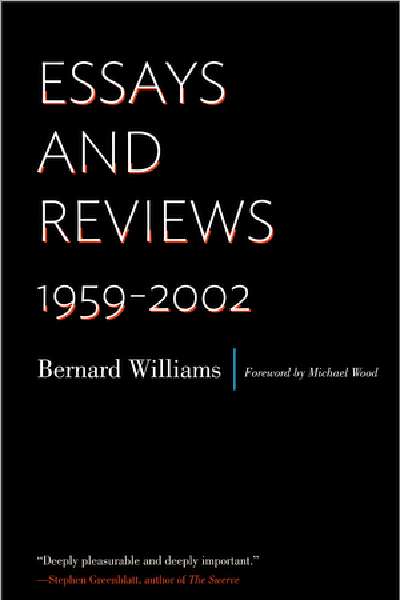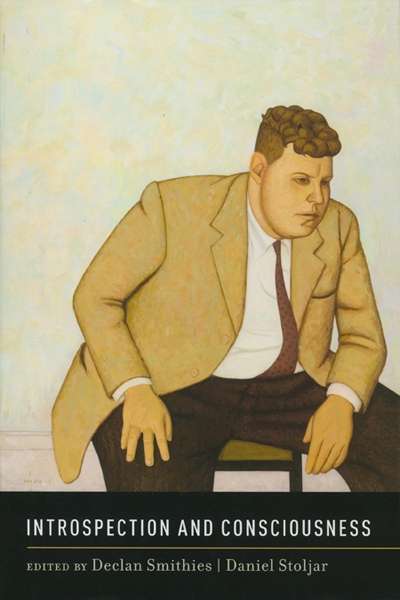Frank Jackson
Introspection and Consciousness edited by Declan Smithies and Daniel Stoljar
by Frank Jackson •
The Poor Relation: A History of Social Sciences in Australia by by Stuart Macintyre
by Frank Jackson •
The Oxford Handbook of Contemporary Philosophy edited by Frank Jackson and Michael Shmith
by Stewart Candlish •





